
OR
Hearing on House dissolution case
Advocates from govt side argue in favour of constitutional bench prerogative
Published On: January 15, 2021 05:21 PM NPT By: RSS
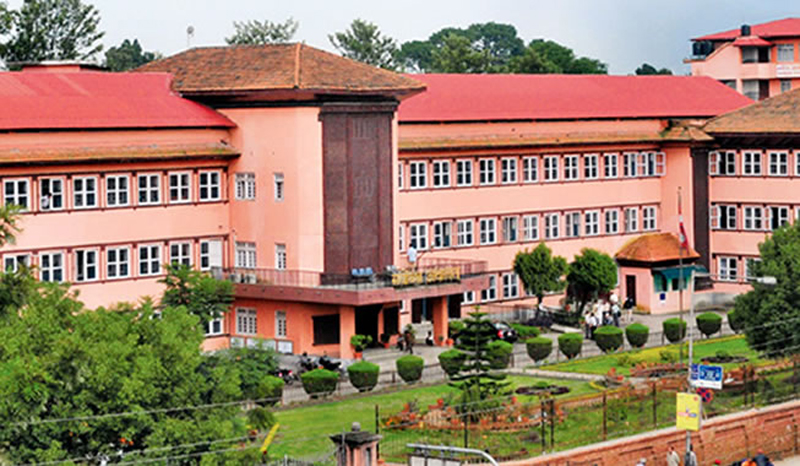
KATHMANDU, Jan 15: The constitutional bench of the Supreme Court held a hearing on the writ petitions filed at the court challenging the constitutionality of the dissolution of the House of Representatives.
Senior advocate Bishnu Bhattarai, pleading at the outset on behalf of the defendant - the Government of Nepal - said that the hearing could not take place at other benches as the law provides that it is the prerogative of the constitutional bench to interpret matters related to the constitution and as it is the final arbiter on such issues.
On behalf of the Prime Minister, he made it clear that a topic related to the provision of the constitution could not be transferred to an extended full bench, according to the Constitution of Nepal.
"It can be taken to the extended full bench only after a conclusion is drawn in the constitutional bench that the bench cannot interpret the constitution," he said.
Senior advocate Dr Surendra Bhandari contended that the Constitution of Nepal has made provision for a constitutional bench on matters of serious constitutional topics and 66 countries have this provision of constitutional court or bench to interpret the constitution.
Advocate Ramesh Badal said that the Constitution of Nepal, 1990 did not have the provision that the constitutional court should hear the cases of serious constitutional issues but the present Constitution has made the provision for a constitutional bench. Hence, the constitutional provision should be followed.
"The context should be taken into consideration. It is not that the previous legal system should be followed now. A case can be transferred to another bench only on the condition that it clashes with the existing constitution. The constitutional bench cannot shirk away from this now," he argued.
Advocate Bijaya Mishra argued that the constitutional bench has itself taken the form of an extended bench. Stating that there is a provision that cases of other benches could be raised at the constitutional bench, but cases of the constitutional bench shall not be transferred to elsewhere, Deputy Attorney General Padam Pandey said that there is not any legal provision that cases of the constitutional bench shall not be transferred to the extended full bench.
The hearing by the constitutional bench comprising Chief Justice Cholendra Shamsher JBR and Justices Sapana Pradhan Malla, Bishowambhar Prasad Shrestha, Anil Kumar Sinha and Tej Bahadur KC is underway. Disputes on whether the case should be transferred to the constitutional bench or to the extended full bench have not been resolved yet.
Eleven of the 13 writ petitioners on January 6 filed supplementary applications to their writ petitions, calling for conducting the hearings on the writs related to the HoR dissolution at the extended full bench.
The constitutional bench comprising Chief Justice Cholendra Shumsher JBR and Justices Hari Krishna Karki, Bishwombhar Prasad Shrestha, Anil Kumar Sinha and Tej Bahadur KC had started hearing on January 6.
Justice Sapana Malla was today assigned to the post of Judge in the Constitutional Bench which is hearing the writs filed against the dissolution of the House of Representatives (HoR).
The post had fallen vacant after Justice Hari Krishna Karki recused from the position in the Constitutional Bench on moral ground as he had served as the Attorney General during the government headed by KP Sharma Oli before this.
It is said Karki recused himself from the Constitutional Bench after questions were raised over his role as the Attorney General in the previous KP Sharma Oli-led government.
The constitutional bench had, after its first hearing on December 25, issued a show cause order in the name of the defendants - the President, the Office of the Prime Minister and Council of Ministers, and the Speaker of the House of Representatives, among other bodies, urging them to submit written answers including the reasons for the dissolution of the House of Representatives. It had also issued an order in the name of the Federal Parliament Secretariat requiring it to submit documents including the original register that showed the registration of a no-confidence proposal against the Prime Minister in the House of Representatives.
Nepal Bar Association has sent senior advocate Badri Bahadur Karki, Satish Krishna Kharel and Bijay Kant Mainali while the Supreme Court Bar Association has recommended the names of senior advocates Purna Man Shakya and Geeta Pathak as amicus curiae as asked for by the court.
Fourteen writ petitions have been filed against the President's decision on December 20 of dissolving the House of Representatives on the recommendation of the Prime Minister. Advocate Prabesh KC had filed a case against this decision on behalf of the dissolved House of Representatives' members Dev Prasad Gurung, Krishna Bhakta Pokharel, Sashi Shrestha and Ram Kumari Jhankri. The writ petition has made the President, the Office of the Prime Minister and Council of Ministers, Speaker, among others, as the defendants.
In the writ petition, the outgoing lawmakers have argued that they have been deprived of their right to represent the people for five years with the decision of the President to dissolve the House of Representatives on the recommendation of the Prime Minister. They have demanded that the House dissolution decision should be scrapped.
Similarly, senior advocate Dinesh Tripathi and advocates Shalikram Sapkota, Gyanendra Raj Aran, Samrit Kharel, Kanchan Krishna Neupane, Santosh Bhandari, Deepak Rai, Amita Gautam, Lokendra Bahadur KC, Kamal Bahadur Khatri, Maniram Upadhyaya, Tulasi Simkhada and Achyut Prasad Kharel had also lodged a writ petition against House dissolution.
In the writ filed by them, the law practitioners have sought a certiorari order from the court scrapping, in accordance with Article 133, Sub Article 2 and 3 of the Constitution of Nepal, the Prime Minister's recommendation of dissolving the House of Representatives and all the works related to the dissolution of the HoR by the President based on the PM's recommendation and all the works carried out on the basis of that recommendation. They have also sought an appropriate order from the court for carrying out the works of the House of Representatives.
You May Like This
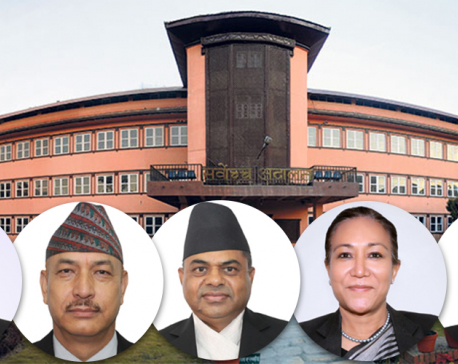
Writ petitioners’ pleading over, govt side to plead against writ petitions starting Monday
KATHMANDU, Jan 31: Pleadings on behalf of the writ petitions filed against the dissolution of the House at the Supreme... Read More...

Hearing on HoR dissolution to continue tomorrow
KATHMANDU, Jan 25: The hearing on the case filed at the Supreme Court demanding reinstatement of the dissolved House of... Read More...
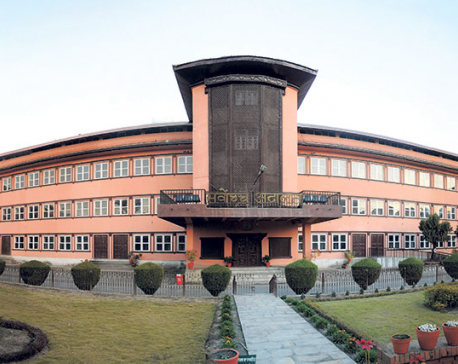
Will SC form a larger full bench to settle the House dissolution case?
KATHMANDU, Jan 12: Despite widespread demand for the formation of a larger full bench, there is no certainty that the Supreme... Read More...


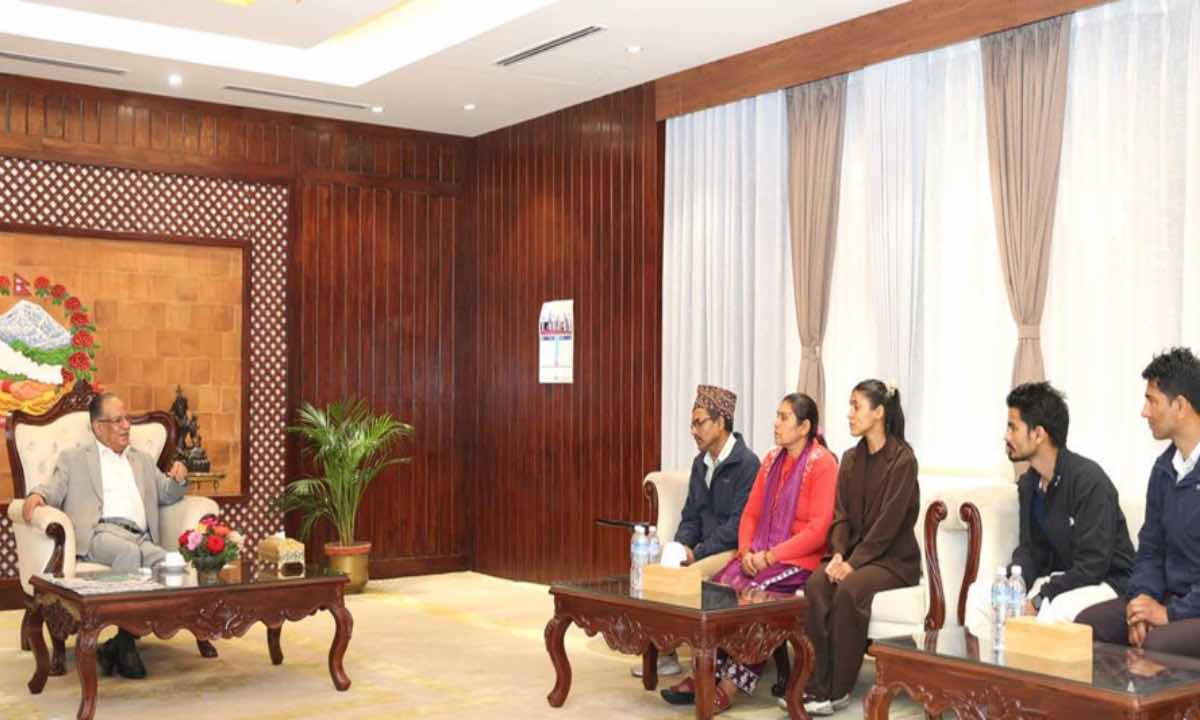
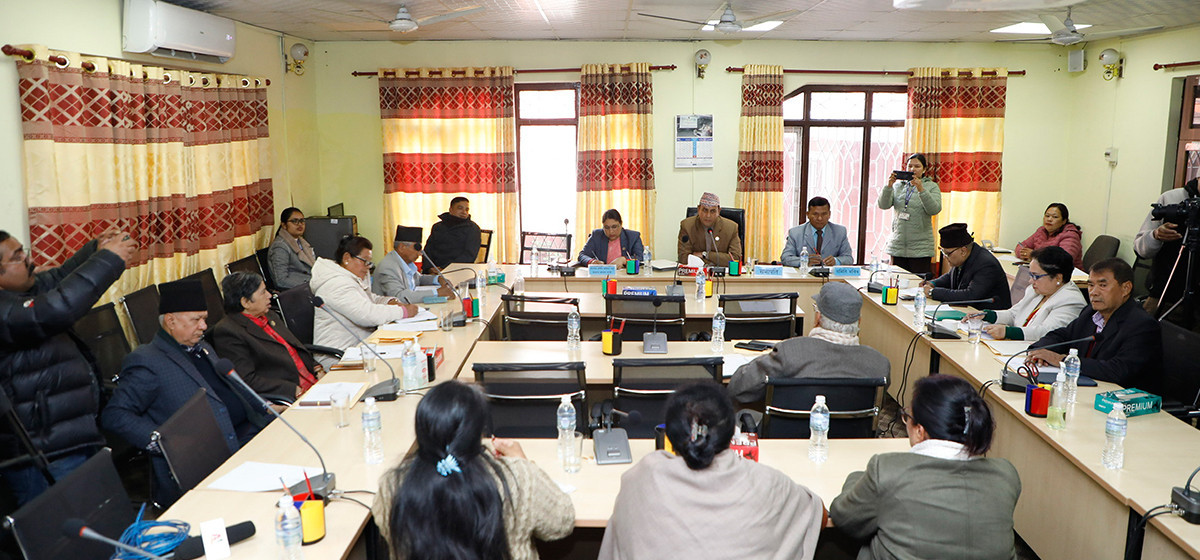

Just In
- Gold price increases by Rs 700 per tola
- Fire destroys wheat crop in Kanchanpur, Kailali
- Bipin Joshi's family meets PM Dahal
- State Affairs and Good Governance Committee meeting today
- Gold items weighing over 1 kg found in Air India aircraft at TIA
- ACC Premier Cup semi-final: Nepal vs UAE
- Sindhupalchowk bus accident update: The dead identified, injured undergoing treatment
- Construction of bailey bridge over Bheri river along Bheri corridor reaches final stage











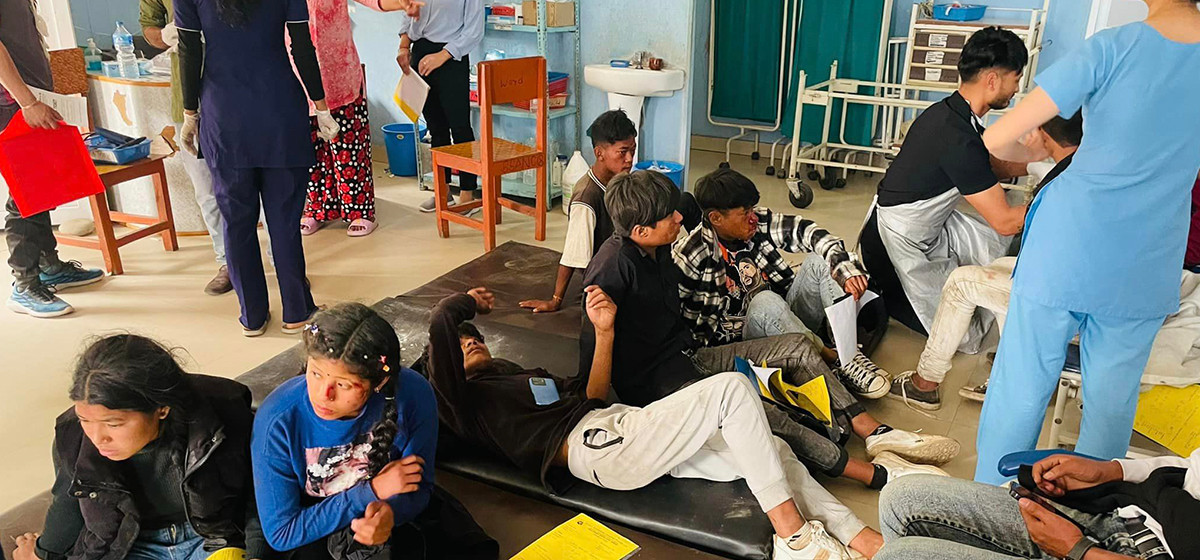
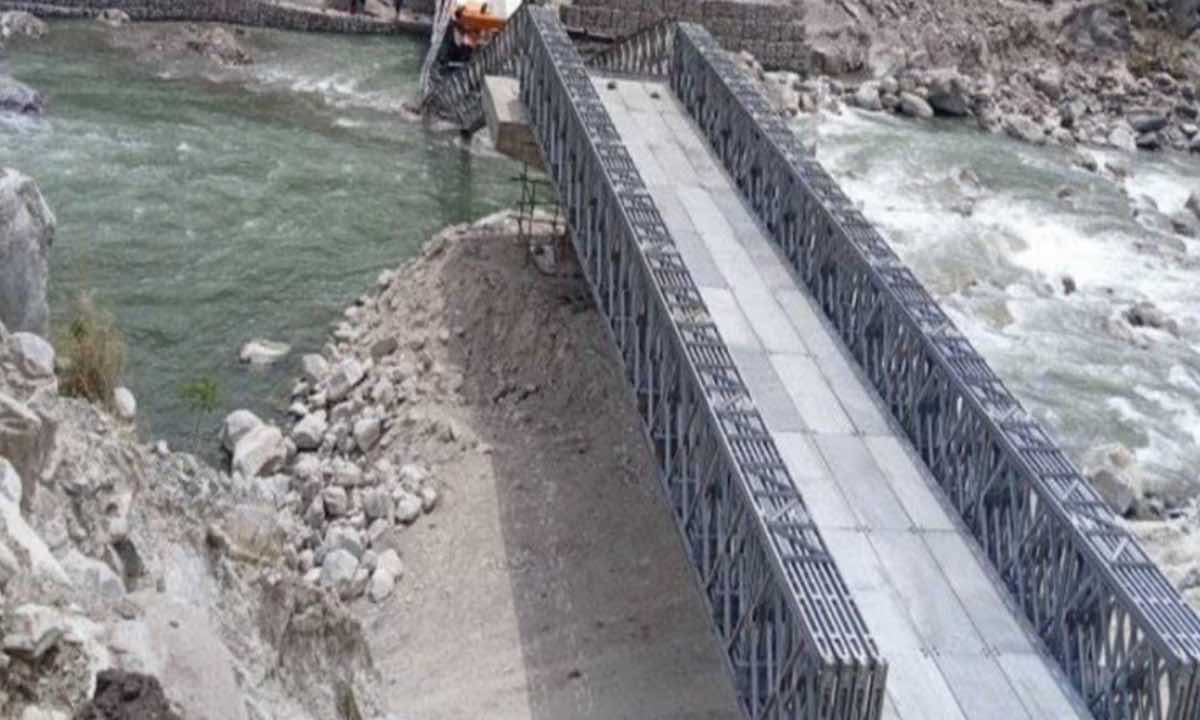
Leave A Comment